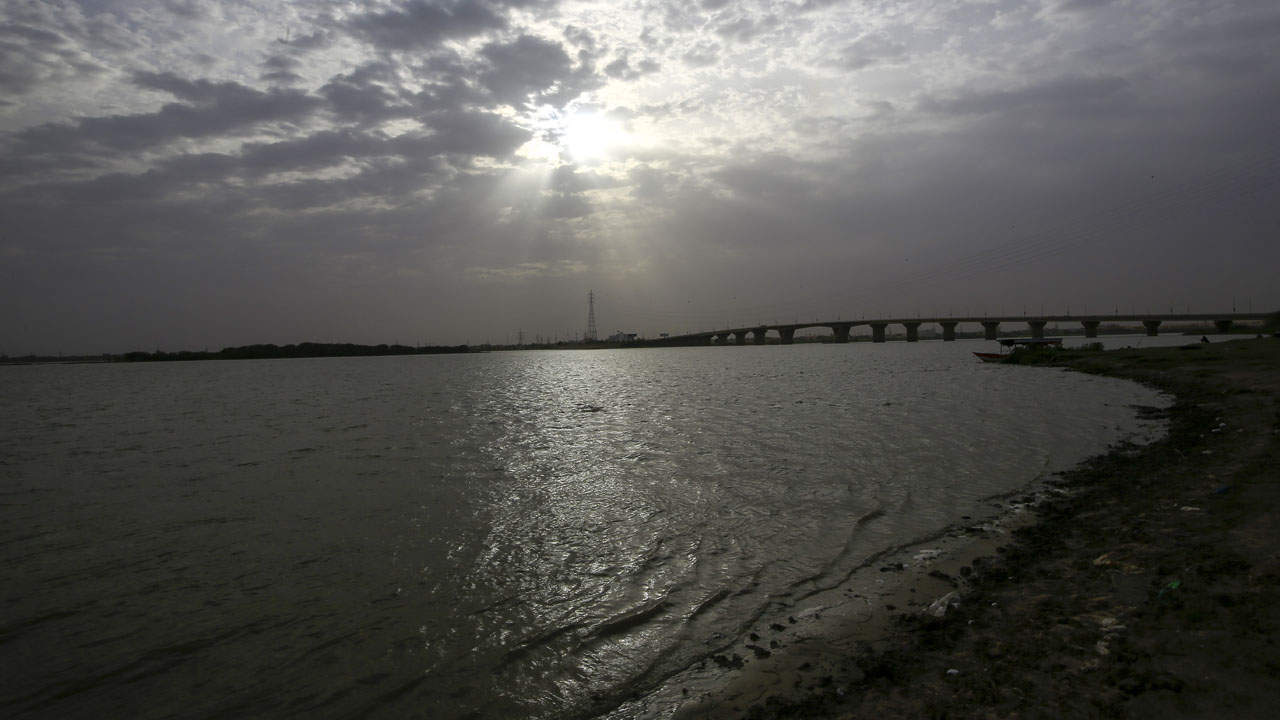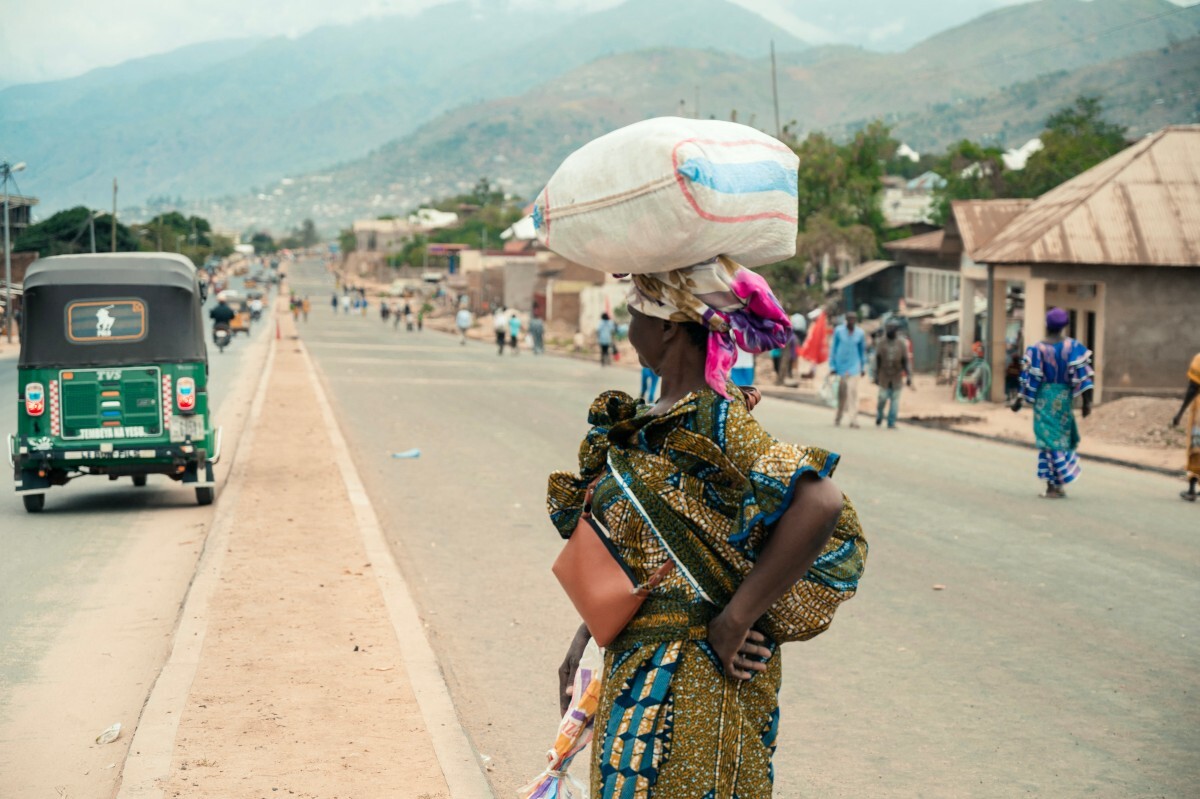
Sudan has proposed upgrading negotiations with Egypt and Ethiopia on a Nile mega-dam to prime ministerial level after the latest round of talks failed to break the deadlock.
Ethiopia says electricity generated from the Grand Ethiopian Renaissance Dam it has been building on the Blue Nile is vital for its development.
Egypt says the dam threatens the Nile’s flow, most of which originates in the Blue Nile, with damaging implications for its food supply and economy.
No timeline was set for the prime ministers to meet, but Ethiopia plans to begin filling the dam’s reservoir next month, lending heightened urgency to diplomatic efforts to resolve a dispute that stretches back nearly a decade.
Ethiopia broke ground on the dam in 2011, When completed, it is set to be Africa’s largest hydroelectric project.
Talks resumed last week, with the biggest sticking points concerning how to operate the dam during periods of drought and how to resolve disputes.
The outstanding issues “are of a legal nature especially in terms of a… mechanism for water sharing,” Sudanese Water Resources Minister Yasser Abbas told reporters late Wednesday after the latest round of virtual talks.
“Sudan has proposed to refer these issues to the prime ministers of the three countries,” Abbas added.
In a statement late Wednesday, Ethiopia’s water ministry also said “legal issues” needed to be resolved but added that “the most prominent technical issues” had been addressed.
The statement did not explicitly address Sudan’s proposal to get the prime ministers involved.
Egyptian Water Resources Minister Mohamed Abdel Aty sounded a negative note, saying the latest talks “did not achieve any progress worth mentioning because of Ethiopia’s stubborn position on technical and legal matters”.
“At the end of the irrigation ministers’ meetings, Ethiopia rejected the suggestion that the issue be referred to the three prime ministers as a final chance to examine the floundering of the negotiations and to find solutions for the various disputes,” he added.
US pressure
The United States, which has been observing the talks along with the European Union and South Africa, stressed the regional importance of the Nile in a pointed message to Ethiopia.
“257 million people in east Africa are relying on Ethiopia to show strong leadership, which means striking a fair deal,” the White House’s National Security Council posted on Twitter.
“Technical issues have been resolved — time to get the GERD deal done before filling it with Nile River water!,” it added.
Washington’s involvement in the negotiations began in November following a request from Egyptian President Abdel Fattah al-Sisi to his US counterpart and ally Donald Trump.
But the process ran aground earlier this year after the US Treasury Department urged Ethiopia to sign a deal that Egypt backed as “fair and balanced”.
Ethiopia denied a deal had been reached and accused Washington of being “undiplomatic” and playing favourites.
Responding to the National Security Council tweet, Ethiopian Prime Minister Abiy Ahmed’s office said his government had “consistently shown leadership in its stance for equitable and fair usage of the Nile waters”.
“Ethiopia reiterates its right to fill and operate the dam based on the GERD declaration of principles,” said Billene Seyoum, Abiy’s press secretary, referring to a 2015 deal.
Brussels-based think tank the International Crisis Group warned that if no agreement is reached in the coming weeks and Ethiopia starts filling the dam’s reservoir anyway, “tensions among the three countries will rise, making it harder for them to find a settlement”,
“The onset of Ethiopia’s long rainy season makes the necessity of a resolution even more pressing,” the ICG added.






